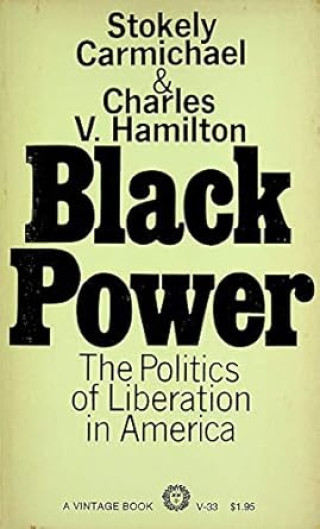Black Americans deserve better. Their struggle over the centuries helped create essentially all of the measures that we now associate with suffrage—the Fourteenth and Fifteenth Amendments; the Twenty-Fourth Amendment; the Voting Rights Act; the “one person, one vote” principle; and the Nineteenth Amendment, which Black women fought to secure. Black Americans should be counted above the Athenians as progenitors of democracy. Widespread political participation was simply not anticipated in the Constitution—least of all for Black Americans—and Americans have done well to retrofit its chassis into something resembling universal suffrage and representative democracy. But what Charles Hamilton and the people who marched with him always knew is that the vehicle is still flawed.
Despite the Fourteenth, Fifteenth, and Nineteenth Amendments, which prevented states from denying the ballot on account of race or gender, and the Twenty-Fourth Amendment, which eliminated poll taxes in federal elections, the Constitution doesn’t guarantee the right to vote in all cases, and only provides a tenuous framework—dependent on the interpretation of the three branches—for understanding what counts as discrimination or unlawful levels of voter dilution. Moreover, the way we currently fight unlawful practices often requires that people experience disenfranchisement, dilution, or undue burden first; in the worst cases, entire governments can be, and are, elected under illegitimate circumstances. There is no universally accepted way to penalize bad actors. States so inclined can experiment with the most extreme and shocking antidemocratic measures, knowing that court decisions will eventually lead them to find out exactly how much tyranny is permissible. And, as the events of January showed, white backlash against Black voting is still too powerful to leave the franchise in the hands of states.
One simple way to amend the Constitution in order to counter these dynamics would be to guarantee everyone over 18 the right to vote, and to specify a bare-minimum national electoral infrastructure. One further step would be to outlaw measures at the state level that dilute the votes of a specific racial group, ethnicity, or political party. Finally, the amendment should eliminate felony disenfranchisement. An amendment that accomplished all of this would replicate or enhance the strongest interpretations of the VRA, without the specter of an unfavorable Court or obstructionist politicians weakening its protections.
There are other possibilities. A prodemocracy amendment could also reform or dismantle the Electoral College and could standardize the way House districts are drawn, creating nonpartisan redistricting. Each of these changes would push the country closer to true representative democracy, premised on an equal weighting of votes across states, regions, and races. This amendment would mandate that states collect information on voting activity and would automatically trigger reductions in congressional apportionment, under the Fourteenth Amendment, if a state is known to discriminate.
